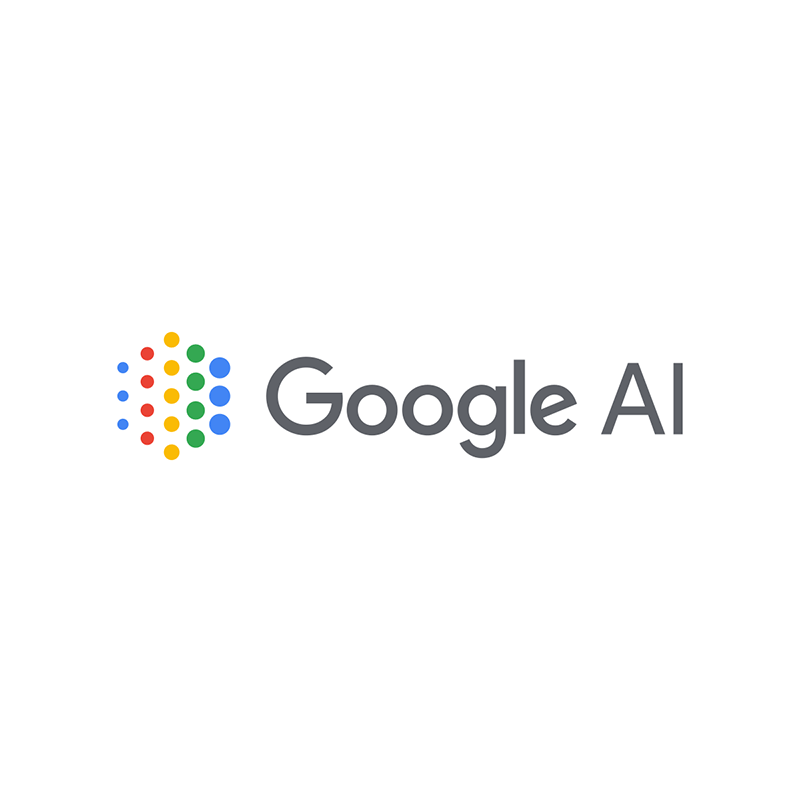
At this time, Artificial Intelligence is a hype. But still, there is a reason for that hype.
While General AI is still a long way to go, and the technology won't make us humans extinct anytime soon, AI has indeed changed the word.
First, AI allows computers to become smarter by giving it the ability to "think" beyond its programming, and allows "learning" by seeing patterns. Second, an increasing number of products and services leverage AI because the developers know that AI is the hype, and AI does have the capacity to lift some burden by applying smarter automation.
Google is among those companies that use AI extensively.
From Google Search to Assistant, to many of its Google Apps, Google use AI so significantly that it is contributing back to the community.
But even with Google's knowledge and its massive resources, the company has yet to fully understand how to make a real and a truly conversational AI. For all this time, AI-powered computers can maintain conversation, but only to a certain limit.
Google sees this as a challenge, and this is why it is introducing 'LaMDA', to introduce a "breakthrough conversation technology" that allows people to have various conversation on various topics, open-endedly.
This is made possible because LaMDA (“Language Model for Dialogue Applications”) uses a machine learning technique that enables it to engage in a conversational flow interaction between itself and users.

In a blog post, Google said that LaMDA allows open-ended discussions, meaning that conversations can start from anywhere and end anywhere.
"But there’s always room for improvement. Language is remarkably nuanced and adaptable. It can be literal or figurative, flowery or plain, inventive or informational. That versatility makes language one of humanity’s greatest tools — and one of computer science’s most difficult puzzles.
"LaMDA, our latest research breakthrough, adds pieces to one of the most tantalizing sections of that puzzle: conversation."
"While conversations tend to revolve around specific topics, their open-ended nature means they can start in one place and end up somewhere completely different. "
What's more, LaMDA also allows users to engage with it in any type of conversation that might involve related or even unrelated topics.
Google stated that LaMDA "can engage in a free-flowing way about a seemingly endless number of topics, and is powered by the ability we think could unlock more natural ways of interacting with technology and entirely new categories of helpful applications".
Introduced through Google I/O 2021, the technology behind LaMDA is a result of years of development.
Google trained on dialogue unlike other language models, enabling the AI to quickly understand several nuances that drew a line between open-ended conversation and other language forms.
LaMDA was built on an earlier Google research that was published in 2020, which uses Transformer-based language models trained in dialogue could learn to talk about anything in the virtual sense.
Following the technology, Google realized that it could actually train an AI by fine-tuning some of the aspects.
"Our highest priority, when creating technologies like LaMDA, is working to ensure we minimize such risks. We're deeply familiar with issues involved with machine learning models, such as unfair bias, as we’ve been researching and developing these technologies for many years," said Google.

Google is one of the pioneers in utilizing AIs to significant extents.
For years, the tech giant has been working on creating better AI and smarter chatbots, by continuously finding more ways to tech AIs to make them communicate better with humans.
With LaMDA, Google hopes to bring AIs to the next level.
Of course, the technology behind LaMDA that allows open-ended conversations don’t always produce the desired result, CEO Sundar Pichai has noted that Google is still fine tuning LaMDA, as it’s not always able to give a coherent or relevant answer to every given query.
Separately, Google also said that it’s working on ways to ensure LaMDA's responses are factual as they are compelling.
"We’re also exploring dimensions like ‘interestingness,’ by assessing whether responses are insightful, unexpected or witty,” Google explained in the blog post.
"Being Google, we also care a lot about factuality (that is, whether LaMDA sticks to facts, something language models often struggle with), and are investigating ways to ensure LaMDA’s responses aren’t just compelling but correct."
At time at least, LaMDA was built only around text conversations. But Pichai is hinting that the technology could eventually expand to other elements like video and audio.
Eventually, the technology could be incorporated into some of Google's existing products, like Google Search or Google Assistant, by improving their AIs.
